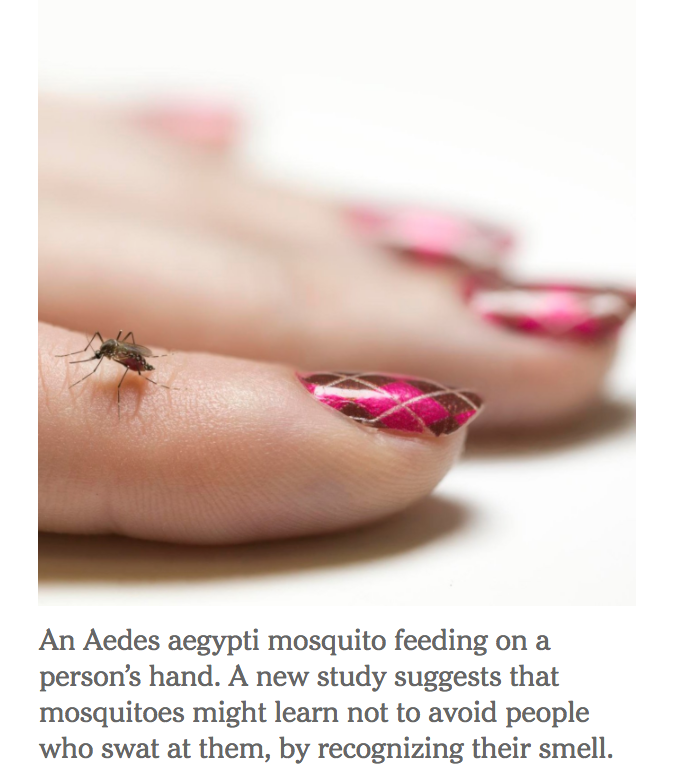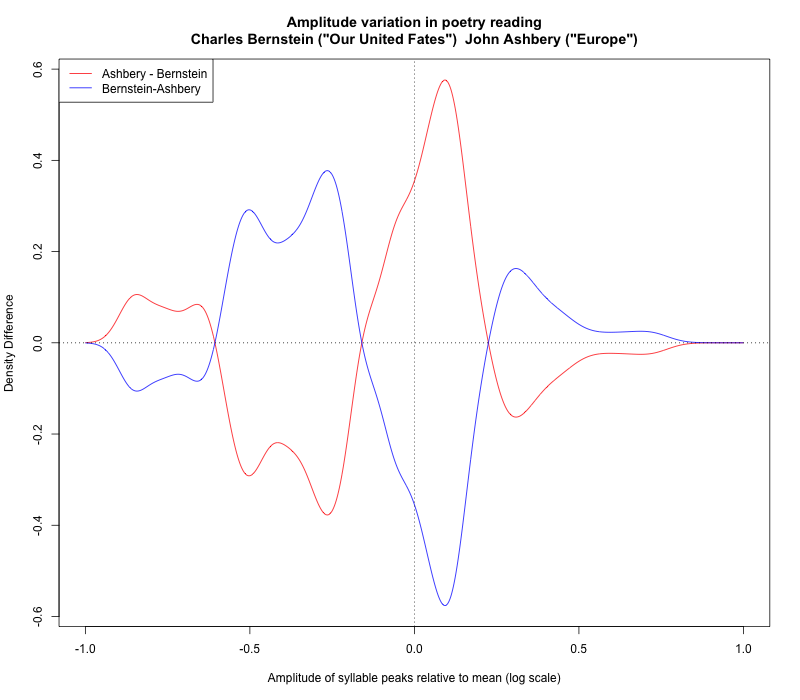Orca emits speech-like sound; reporters go insane
Published today in Proceedings of the Royal Society B you will find (provided you have the necessary institutional credentials or library membership) a paper entitled "Imitation of novel conspecific and human speech sounds in the killer whale (Orcinus orca), by José Z. Abramson, Maria Victoria Hernández-Lloreda, Lino García, Fernando Colmenares, Francisco Aboitiz, and Josep Call. The paper is about the conditions under which killer whales can be induced to use their blowholes to imitate sounds that they hear. And it will not be a huge surprise to Language Log readers that the world's newspapers immediately lost their minds. The Daily Mail, a scurrilous Conservative-oriented English tabloid, on its very successful soft-porn-laden website, used the headline "Orca on the blower: Killer whale learns to talk." Hundreds of largely plagiarized stories are springing up around the world under similar headlines (don't make me try to list them). They can do this because when the topic is language, you don't have to maintain any pretense of seriousness. You can just make stuff up. Nobody (other than maybe Language Log) is going to call you on it.
Read the rest of this entry »


